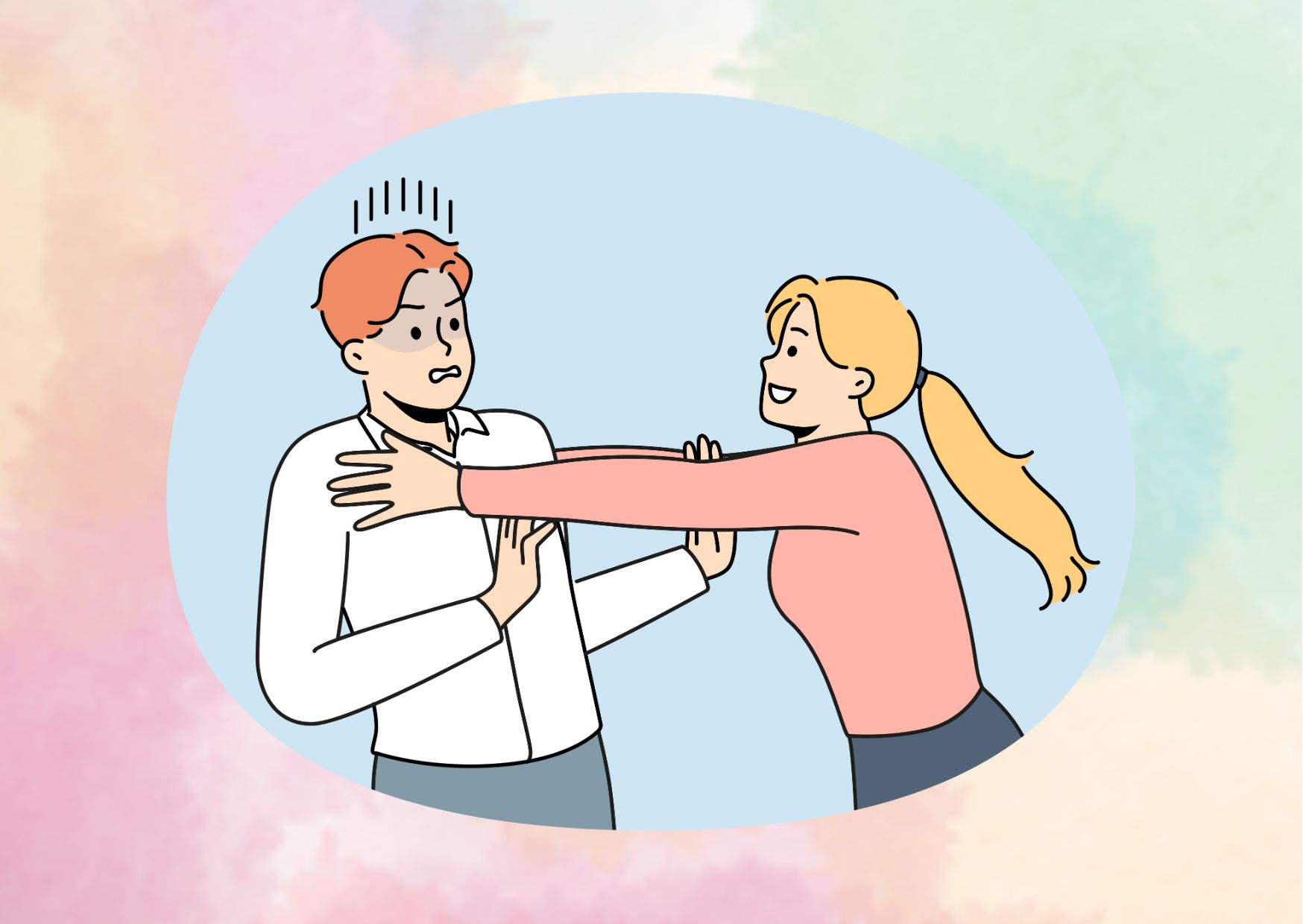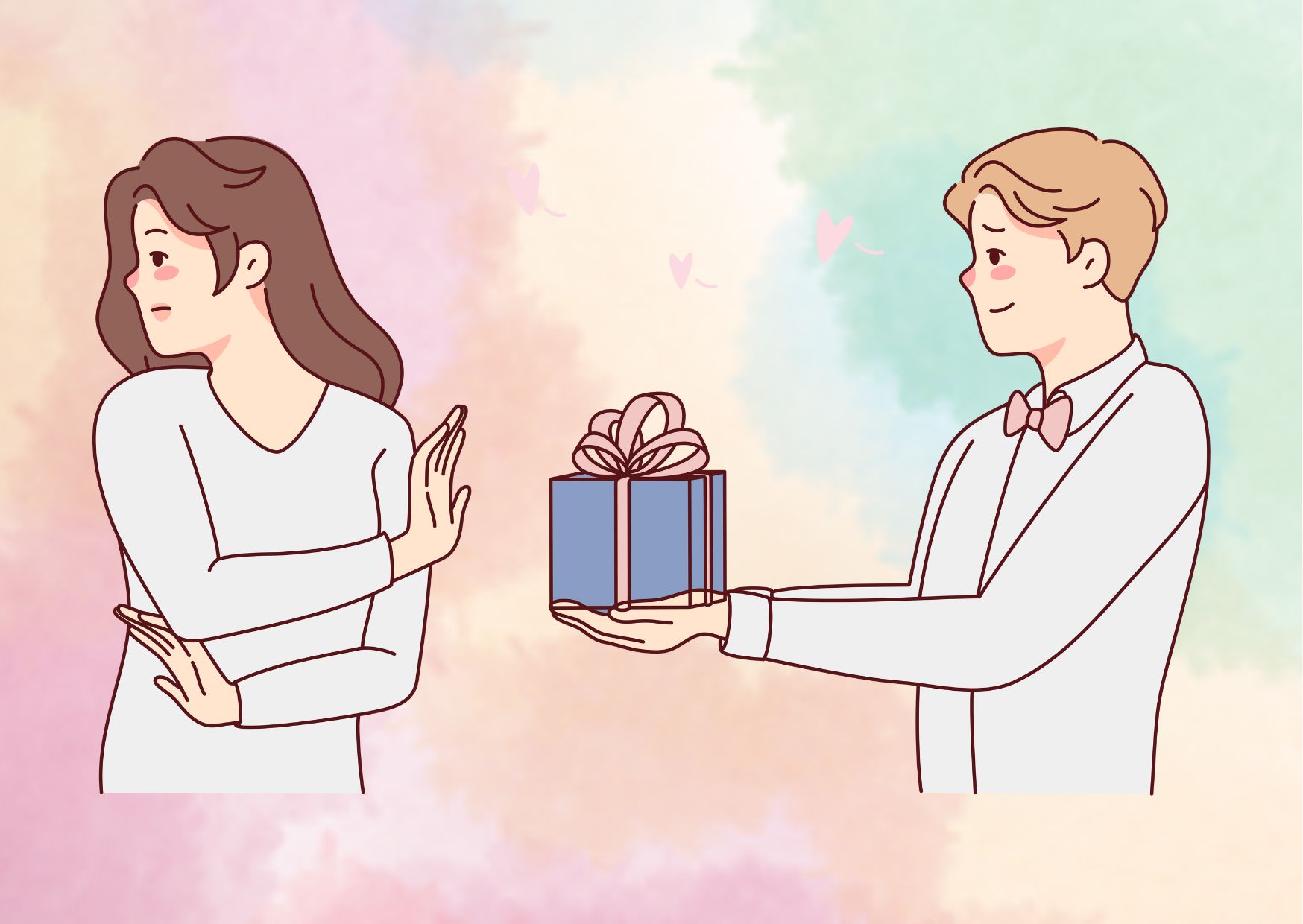6 Damaging Effects of Sexual Rejection: Tips and Strategies
Sexual rejection can be a challenging and emotionally charged experience for individuals in relationships. When a partner declines intimate advances, it often leads to feelings of hurt, confusion, and self-doubt. This common occurrence has an impact on couples across various stages of their relationships, from new partnerships to long-term marriages. Understanding and addressing sexual rejection is crucial to maintain a healthy and fulfilling connection with one’s partner.
This article explores the complexities of sexual rejection and provides practical strategies to navigate this sensitive issue. It delves into the reasons behind sexual rejection, emphasizing the importance of open communication between partners. Readers will gain insights on building intimacy beyond physical encounters, managing emotional responses, and recognizing when to seek professional help. By implementing these tips and approaches, individuals can work towards strengthening their relationships and fostering a more satisfying intimate life.
Understanding Sexual Rejection
Sexual rejection is a common experience in romantic relationships, occurring when one partner declines intimate advances from the other. It can happen for various reasons, ranging from temporary physical discomfort to deeper emotional issues. While occasional rejection is normal, persistent sexual rejection can have a significant impact on both individuals and the relationship as a whole.
Defining sexual rejection
Sexual rejection goes beyond a simple “no” to physical intimacy. It encompasses a range of behaviors, from subtle avoidance to direct refusal. James Kim, a psychologist at the University of Toronto, and his colleagues identified four different rejection strategies in their study of married couples. These strategies can vary in their directness and emotional impact on the rejected partner.
It’s crucial to differentiate between feeling rejected and actually being rejected. Often, a partner’s reluctance to engage in sexual activity isn’t a personal rejection but rather a reflection of their current state of mind or body. Understanding this distinction can help mitigate the emotional toll of perceived rejection.
Common causes
Several factors can contribute to sexual rejection:
- Physical issues: Fatigue, illness, or pain during intercourse can decrease sexual desire.
- Emotional factors: Stress, anxiety, or depression can significantly impact libido.
- Relationship problems: Unresolved conflicts or lack of emotional intimacy can affect sexual desire.
- Hormonal changes: Fluctuations due to menstrual cycles, pregnancy, or menopause can influence sex drive.
- Medication side effects: Certain medications, including some antidepressants, can lower libido.
- Mismatched sex drives: Partners may naturally have different levels of sexual desire.
- Body image issues: Feeling unattractive or ashamed of one’s body can lead to avoiding sexual encounters.
Impact on relationships
Continuous sexual rejection can have profound effects on a relationship:
- Decreased satisfaction: Studies have shown that ongoing sexual rejection can lead to reduced relationship satisfaction.
- Emotional distress: The rejected partner may experience feelings of hurt, confusion, and self-doubt.
- Lower self-esteem: Repeated rejection can negatively impact an individual’s confidence and self-worth.
- Reduced sexual interest: Paradoxically, constant rejection can decrease the desire for sex in the initiating partner.
- Communication breakdown: Fear of rejection can lead to avoidance of physical affection and intimacy discussions.
- Resentment: Over time, unaddressed feelings of rejection can breed resentment between partners.
Understanding the complexities of sexual rejection is crucial for maintaining a healthy relationship. It’s important to approach the issue with empathy, open communication, and a willingness to address underlying causes. By recognizing that rejection isn’t always personal and that both partners may be struggling with their own challenges, couples can work together to navigate this sensitive aspect of their relationship.
Communicating About Sexual Rejection
Open and honest communication plays a crucial role in addressing sexual rejection within relationships. By fostering a safe environment for dialog, partners can better understand each other’s needs, boundaries, and concerns. This approach helps to minimize misunderstandings and strengthen the emotional connection between partners.

